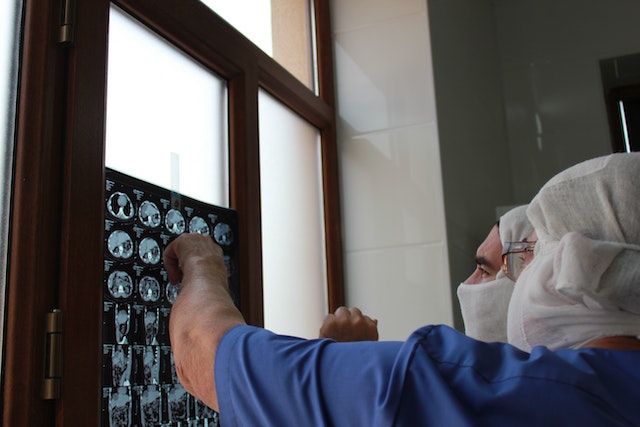What You Should Look for When Choosing a Healthcare Recruiting Company
If you are a healthcare company looking for new hires or an individual looking for a job in the healthcare industry, you might be wondering what you should look for when choosing a healthcare recruiting company.
Finding the right talent in a highly competitive healthcare industry can be challenging. Healthcare recruiting companies can help you find qualified and reliable candidates and save you time and resources in hiring. However, not all recruiting companies are created equal.
Specialization
Healthcare recruiting is a broad field. You want to work with a recruiting company specializing in your industry or niche.
For instance, if you are an oncologist, it’s best to work with a healthcare recruiting company that specializes in oncology so that they can better understand your skill set and help you find the right job opportunities.
Industry Expertise
When it comes to healthcare recruiting, industry expertise is essential. You want to choose a recruiting company that specializes in the healthcare sector and has a deep understanding of the industry.
A healthcare recruiting company with industry expertise can help you navigate the complex and evolving healthcare landscape and find candidates with the necessary skills, experience, and certifications.
Client Base
A healthcare recruiting company’s client base tells a lot about them.
You want to work with a company with a diverse client base, including small and large businesses, which will give you a better chance of finding a job that fits your skills and experience.
Recruitment Process
A reputable healthcare recruiting company should have a well-defined recruitment process tailored to your needs.
The recruiting company should take the time to understand your hiring requirements and objectives and develop a customized recruitment strategy to find the best candidates for your organization.
The recruitment process should be transparent, and you should receive regular updates.
Candidate Pool
When choosing a healthcare recruiting company, you want to ensure they have access to a diverse and qualified candidate pool.
The company should use various sourcing methods to find candidates, including traditional job boards, social media, and networking events.
The recruiting company should also have a rigorous screening process to ensure that candidates meet your specific criteria and are a good fit for your organization.
Reputation and References
Before choosing a healthcare recruiting company, research and check their reputation and references.
Look for reviews and testimonials from other healthcare organizations that have used their services. You can also ask the recruiting company for references and speak directly with their clients to better understand their services and the quality of candidates they provide.
Cost and Fees
Lastly, consider the cost and fees associated with using a healthcare recruiting company.
While prices can vary depending on the services offered, you want to choose a recruiting company that is transparent about its fees and provides a fair and competitive pricing model.
Look for a company that offers a guarantee on their placements and has a fee structure that aligns with your budget.
Choosing the right healthcare recruiting company can make all the difference in finding suitable candidates for your organization.
By looking for a company with industry expertise, a customized recruitment process, a diverse candidate pool, a strong reputation, and fair pricing, you can ensure that you find the best talent and save time and resources in the hiring process.
So, take the time to research and choose a healthcare recruiting company that fits your needs and objectives.
Momentum Healthcare Staffing
Consider Momentum your right arm for all your hiring needs. We have a 24/7 On call team ready to fill your last-minute locum tenens, experts that make licensing and credentialing easier and we are committed to provide the most qualified applicants.































Recent Comments